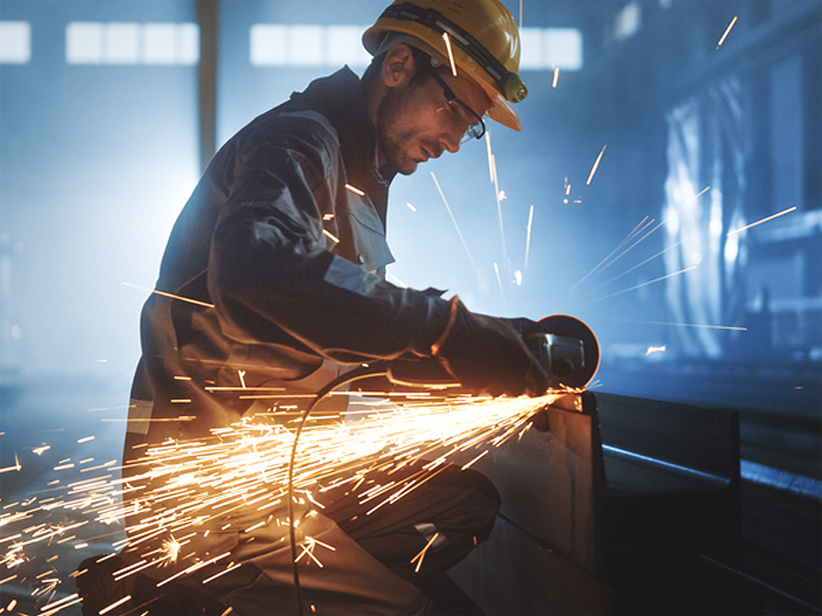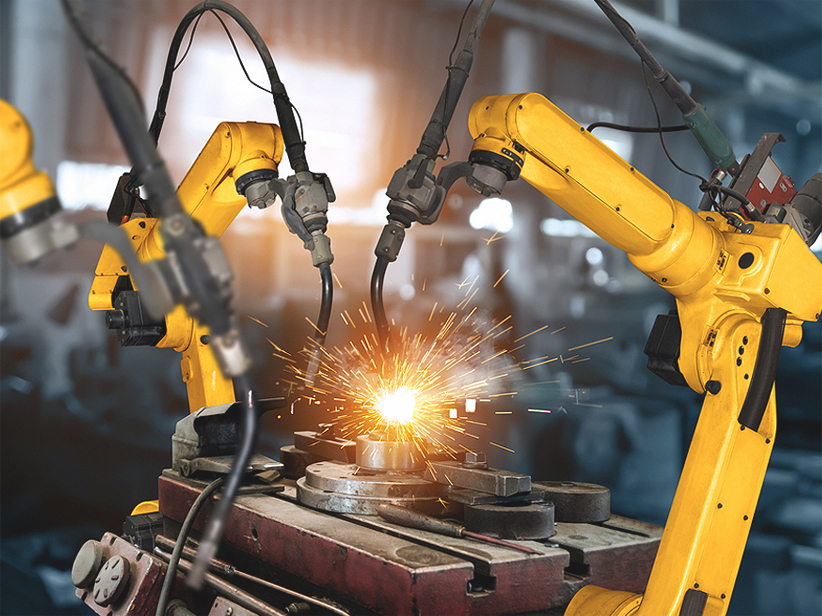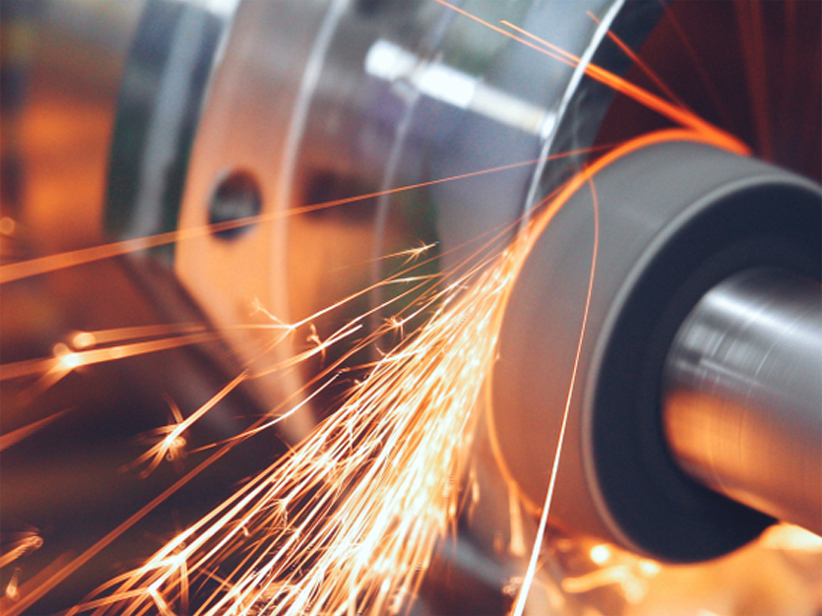STAINLESS STEEL 304 VS. 316 – CHOOSING THE RIGHT GRADE FOR THE RIGHT APPLICATIONS
Austenitic steel is an alloy, rich in chromium and nickel with lower levels of carbon. This unique composition makes it non-magnetic and highly resistant to corrosion. Hence, almost all steel bar manufacturers in India use austenitic steel for designing various machine parts and equipment.
However, the two most famous compositions of this type of steel i.e., the SS grade 304 and the SS grade 316 have often confused and debated over their differences and applications while choosing for manufacturing purposes.
To clear these doubts, let’s first try to understand the primary difference between SS 304 and SS 316:
- SS 304 contains a composition of 18-20% chromium, 8-10% nickel with small amounts of silicon, manganese, and iron.
- SS 316, on the other hand, contains 16-18% chromium, 10% or more nickel, 2-3% of molybdenum, small proportions of silicon, carbon, manganese, and a relatively larger proportion of iron.
Hence, the possible conclusions that can be drawn from these differences are:
Both SS 304 and SS 316 are highly denser alloys with excellent resistance to corrosion
- The additional nickel and molybdenum portions in SS 316 make it more resistant to chlorides and salty environments, making it more durable than SS 304 in applications involving contact with chlorine.
- The additional nickel and molybdenum portions also make SS 316 costlier than SS 304, hence, making SS 304 more affordable and equally efficient in applications which do not involve salty environments.
- The composition of SS 316 reduces its formability as compared to SS 304, hence, making SS 304 a better choice in applications which require higher formability.
Finally, based on these conclusions, here are some of their individual applications where they would perform optimally:
It is commonly used in regular scenarios where formability and cost are of great concern, and the exposure to water is minimal, such as:
- Steel bars and wires for construction
- Making structures in the environment that would wear down carbon steel
- Commercial food processing equipment
- Household appliances
- Heat exchangers
- Fasteners
- Piping
It proves to be more efficient in scenarios where formability isn’t a grave necessity and where non-magnetic permeability is required, such as:
- Marine surroundings, especially those with high chloride concentrations
- Shipbuilding
- Chemical equipment for storage and processing
- Medical devices
- Refinery equipment
- Dishwashers and other washing machinery
Therefore, before deciding which SS grade to purchase for your industrial application, analyze the environment of your application, and choose the one that fits your needs and the budget.
Regardless of what industry you’re from, if you are looking for the best stainless steel wire and stainless steel round bar manufacturers in India, Venus Wire Industries is your one-stop solution. With their organizations in India, USA, and Germany, Venus Wires is one of the fastest-growing steel manufacturers in the world that provides a myriad of products for applications in multiple industrial purposes. You can visit our website to find the right product for your industry at the best quality and costs.







